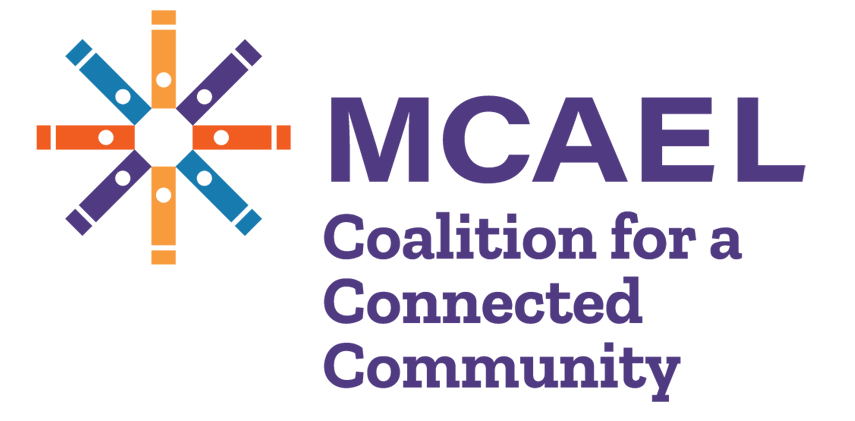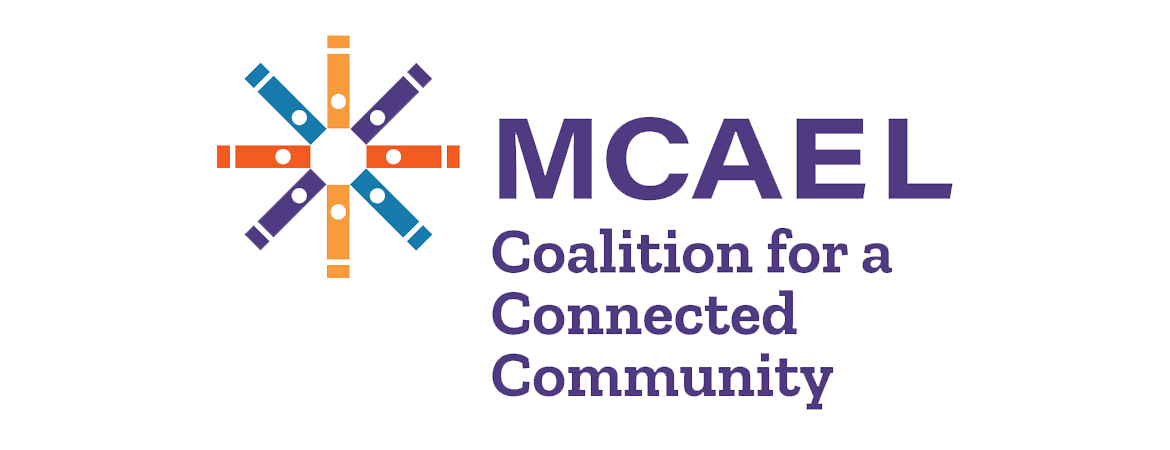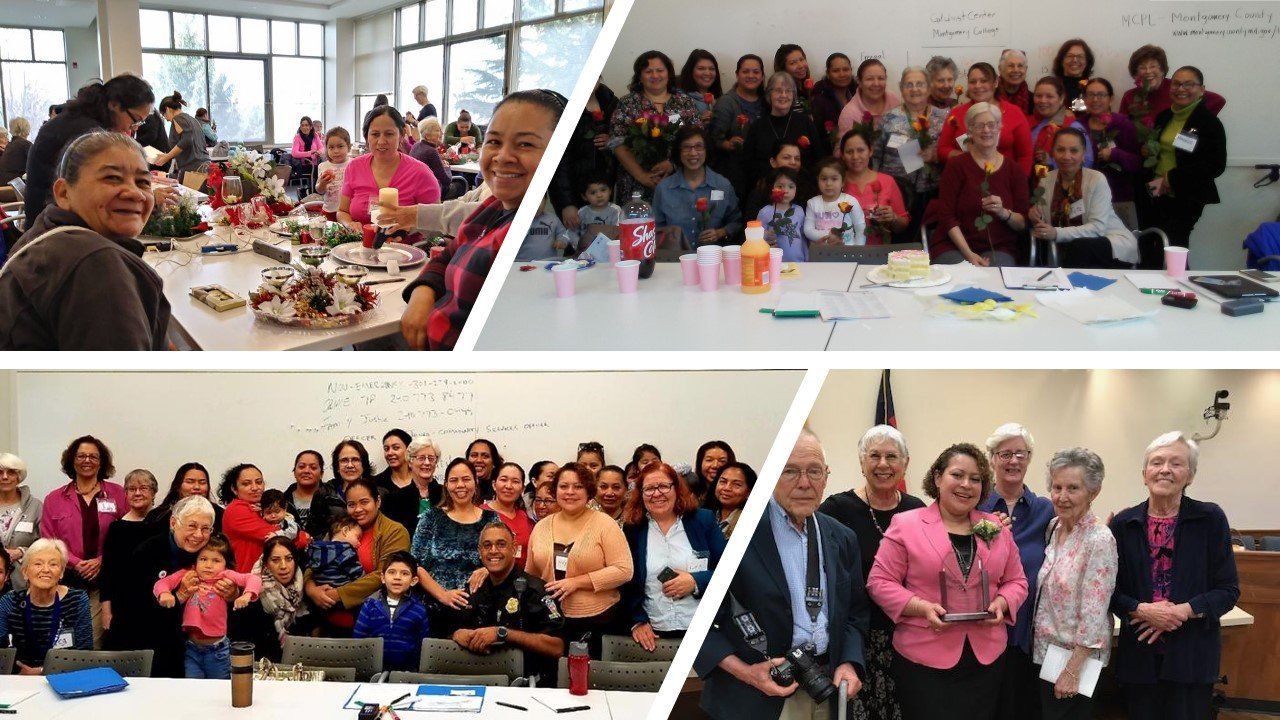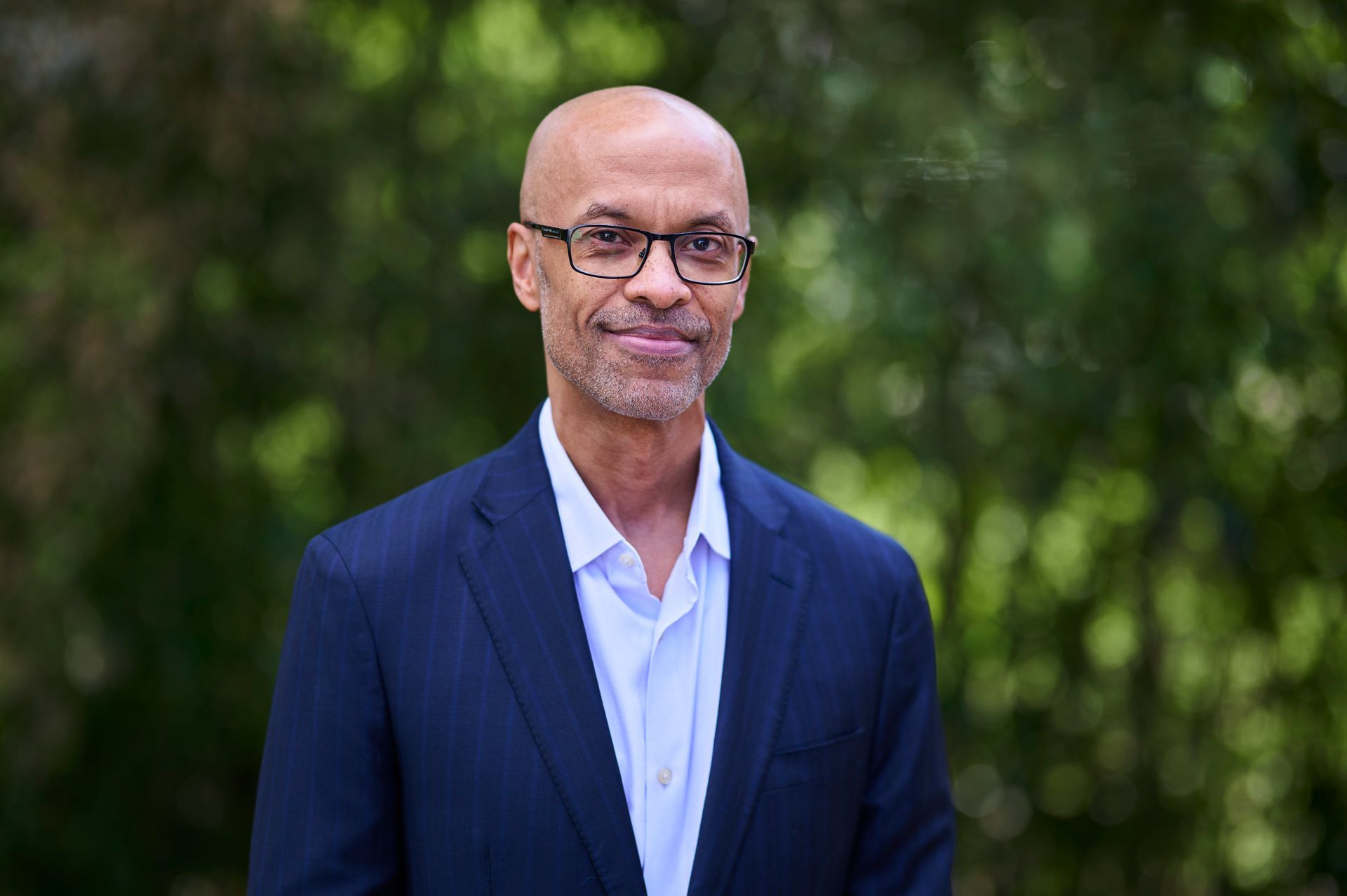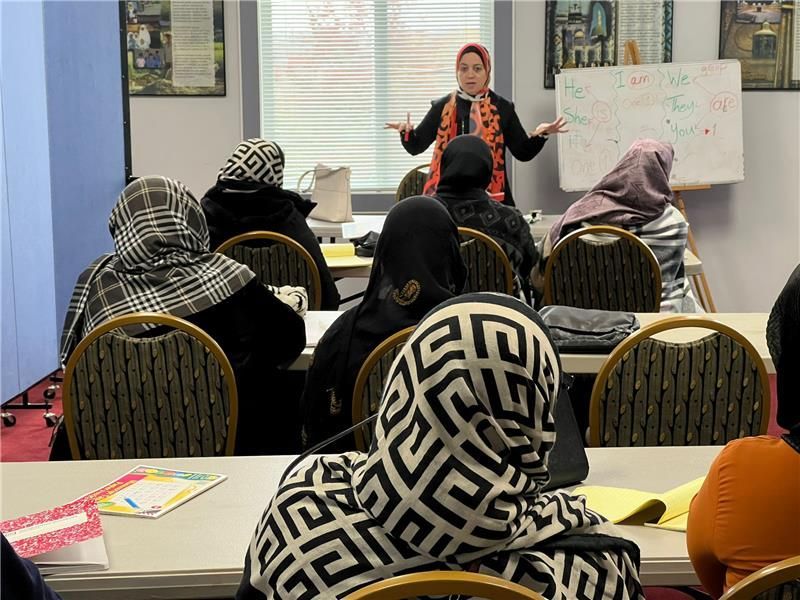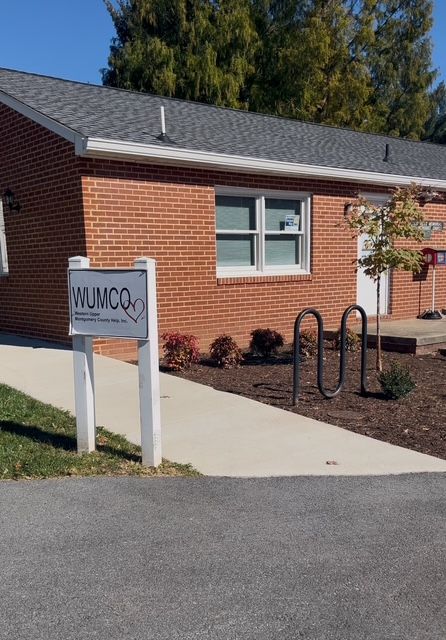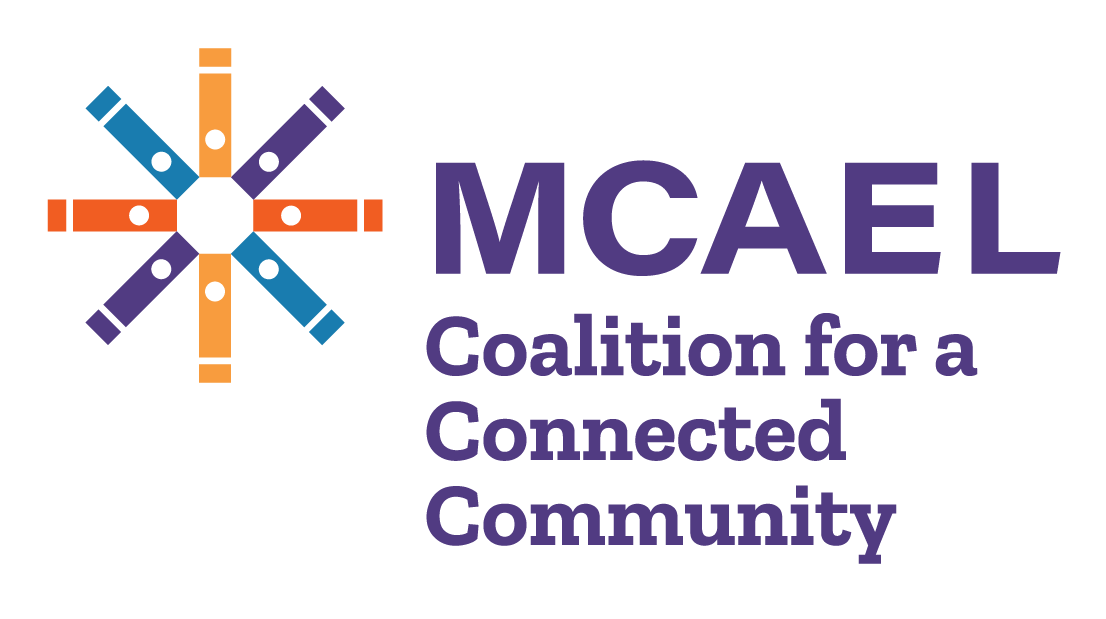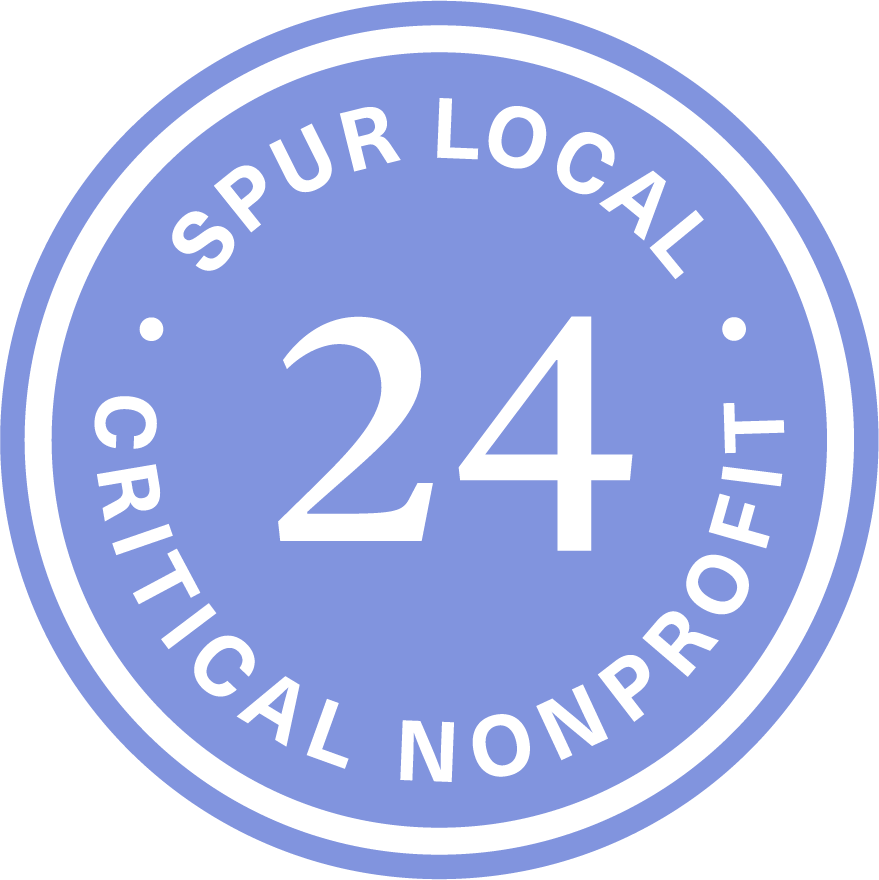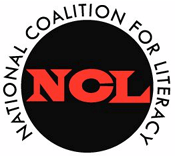By Kayla Savoy
•
March 24, 2025
Two years ago, MCAEL and the Islamic Society of Washington Area (ISWA) came together with a shared mission: to make English classes more accessible to the local Muslim community. ISWA, a vibrant religious organization, serves a diverse group of individuals from around the world. During our visit in November, we experienced firsthand how ISWA’s mosque transforms during the day into a dynamic learning space. The moment we arrived, we were warmly welcomed into the community breakfast—tables filled with fresh fruit, pastries, and lively conversations. Learners chatted eagerly, children laughed as they played, and there was a sense of excitement as classes began. What makes these classes truly unique is that they are structured to uphold religious practices, offering a space where women can learn in privacy and comfort. Each classroom is tailored to different English proficiency levels, ensuring that every student gets the encouragement they need. One of the most engaging aspects of the program is the rewards system for Level 2 beginner learners. At the end of class, learners can choose a prize, but there’s a catch! They must correctly pronounce the item’s name in English. The bigger the prize, the longer the sentence – from long children dresses to beautiful hijabs, bedazzled shoes or knitted blankets. With so many beautiful and fun prizes available, the classroom buzzes with excitement and chatter as learners share their sentences and new words they’ve discovered. Outside the classroom, the learning continues. Before heading to prayer, a wide table in the center of the space holds free groceries once a week for learners to take home with them. Bananas, fresh vegetables, pastries, and more. But before taking an item – again – they must first name it in English. This simple yet powerful exercise turns everyday essentials into an opportunity for learners to help each other, practice new words, and build confidence in their language skills. It’s been nearly two years since MCAEL and ISWA first collaborated to launch a Community Learning Group (MCAEL’s “starter” classes, established in areas with few English learning opportunities). Recognizing a growing need in their community, ISWA went on to apply for a Start-Up Grant, securing financial and professional development support to expand their program. Last year, they took another step forward by applying for and receiving an increased award through the Access Small Grant. MCAEL is thrilled to continue this incredible partnership with ISWA, working together to support learners and strengthen our community. To learn more about ISWA and our Grant Partners, click here .



